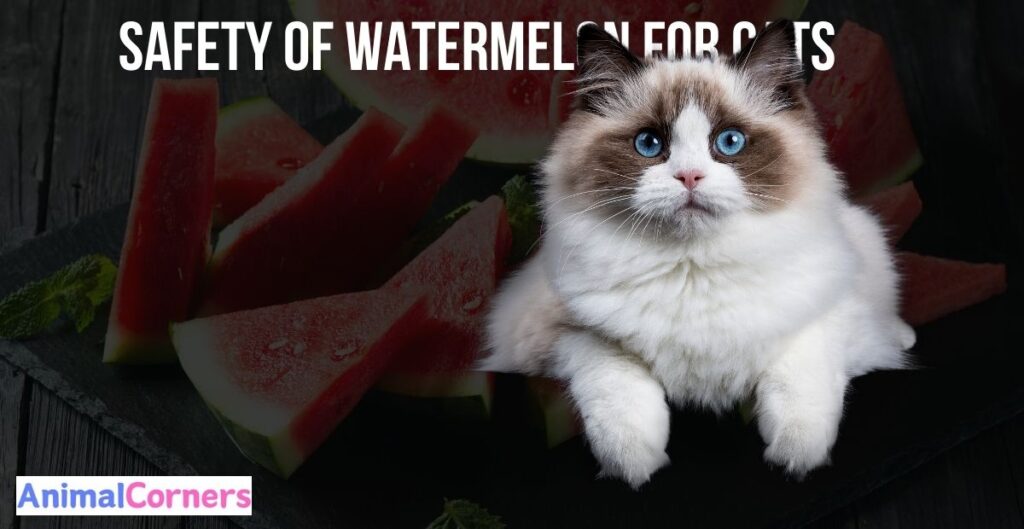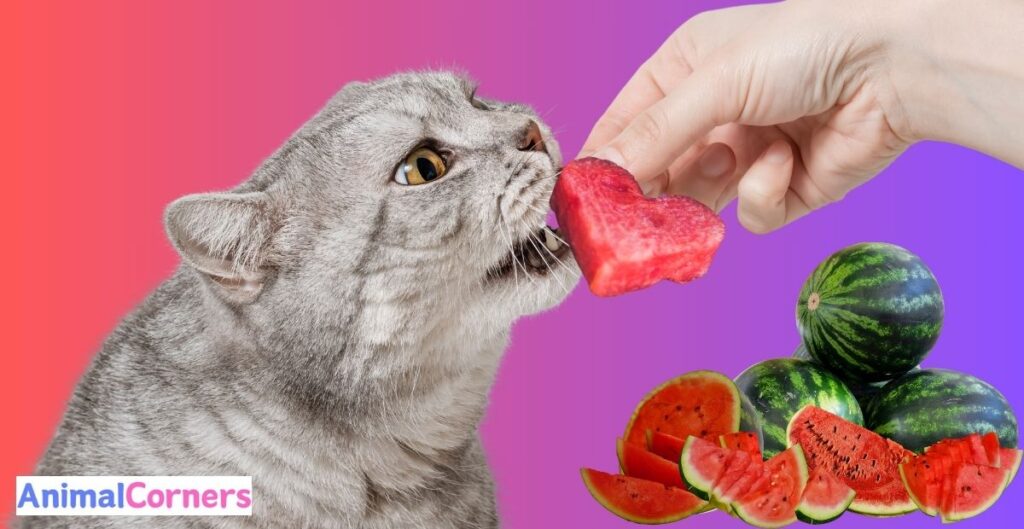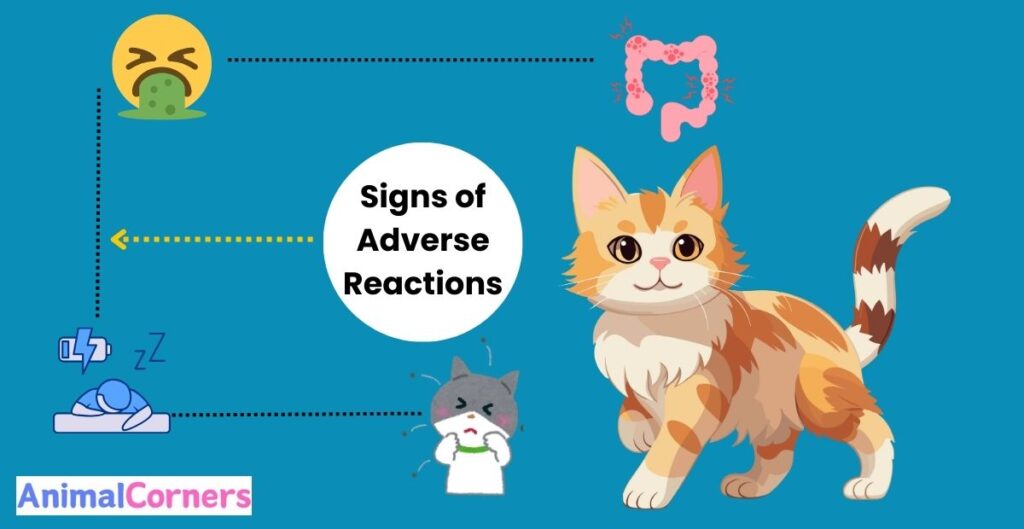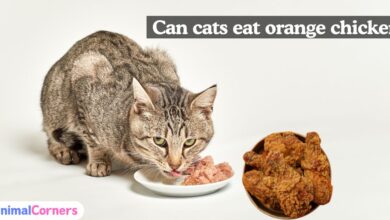Can Cats Eat Watermelon?

When discussing foods safe for pets, one might wonder if it is okay for cats to consume watermelon.
Knowing what suits a cat’s diet is crucial to ensure the best for them and avoid or control any unhygienic implications.
Any animal requires specific nutrients, and the food they consume can affect them in one way or another, especially cats. That is why cat owners need to know which fruits and quick snacks are fine for cats and which are not.
Nutritional Value of Watermelon
It’s humorous. However, watermelon is ready with 92% water, which is exceptionally hydrating. But it is now not just water; watermelon additionally consists of vitamins and minerals suited for the body.
Some of the number one vitamins observed in watermelon consist of Some of the primary vitamins located in watermelon include:
- Vitamin C: This diet increases the blanketed machine and protects the body from many sicknesses.
- Vitamin A: Important for upholding good dreams and skin health.
- Potassium: This mineral is vital for heart health, muscle role, and blood weight management.
- Magnesium: It cares for muscle and nerve roles and keeps the heartbeat stable.
Safety of Watermelon for Cats

Analysis of Whether Watermelon is Safe for Cats
Cats can eat watermelon, but it need to accept in control. This fruit is not poisonous to cats, so it might not cause immediate damage.
But it is still vital to be careful when contributing watermelon to your graceful friend.
Potential Benefits
- Hydration: Since watermelon is about 92% water, it can help keep your cat hydrated, mainly during hot weather.
- Nutrients: While cats are pressured meat-eaters and get the maximum of their dietary wishes from meat, the vitamins and minerals in watermelon, along with Vitamin A and potassium, may want to offer a minor nutritious increase.
Potential Risks
- Sugar Content: Watermelon has regular sugars that are probably hard for cats to digest if eaten in large amounts. Too much sugar can result in fatness and diabetes.
- Digestive Issues: Although watermelon is safe, a few cats won’t tolerate it. It should cause belly disappointment or diarrhea in cats with sensitive gastric systems.
While wate rmelon can once in a while be a refreshing treat for your cat, always serve it in small, managed amounts and show it for any opposing reactions.
Also Read: Why Is My Cat So Small?
How Should You Serve Watermelon to Cats?

Serving watermelon on your cat may be a pleasing deal if finished effectively. Here are some hints to ensure it’s far finished adequately:
Size and Preparation
- Seedless: Always remove the seeds before giving your pussycat watermelon. Seeds can be a choking risk and can also cause digestive issues.
- Small Pieces: Cut the watermelon into diminutive, chew-sized portions. This will make it less complicated for your feline to consume it orally and avoid choking.
Frequency and Moderation
- Occasional Treat: Watermelon must be received as an infrequent treat, no longer as a customary part of your feline’s eating regimen.
- Moderation is Key:
- Offer watermelon in iotas to evade overloading your feline with sugars. A few small pieces once in a while is enough.
Following these guidelines ensures that your feline friend can enjoy watermelon safely. Always watch for discomfort or allergic reactions when introducing a new treat.
Observations and Reactions
Common Reactions Cats May Have to Watermelon
You may observe more than a few reactions when you first give your cat watermelon. Some cats might be curious and begin nibbling at the fruit, enjoying the new flavor and texture.
Others are probably extra punctilious, sniffing the watermelon and taking their time before deciding whether to devour it.
Generally, most felines are intrigued by the novelty of watermelon and might revel in the infrequent treat.
Signs of Adverse Reactions or Allergies

While watermelon is commonly safe for cats, looking for any signs of discomfort or allergies when they devour it is crucial. Some signs and symptoms to look out for encompass.
- Vomiting: This could suggest the watermelon doesn’t believe your cat’s stomach.
- Diarrhea: Loose stools can imply that your cat’s digestive system is sensitive to watermelon.
- Lethargy: If your cat seems unusually worn-out or gradual after consuming watermelon, it can be a reaction to the fruit.
- Itching or Swelling: These might be symptoms of an allergic reaction, though that is rare.
If you see any of those denotements and signs, it’s far remarkable to obviate alimenting watermelon in your tom cat and seek advice from your veterinarian for exhortation.
FAQs
Is watermelon safe for all cats to eat?
While watermelon is usually safe for most cats, separate cats may react differently. Some may enjoy it without matter, while others might experience digestive upset. It is advisable to introduce any new food in small quantities and observe your cat or kittens’ response to it.
How much watermelon should I give my cat?
Cats should be offered watermelon in small amounts, and one should ensure that this is a delicacy that they do not regularly have access to. Only several very small portions of the food are acceptable, sized so that they can fit directly into a mouth. Due to the fruit’s sugar content, it’s vital to do it frugally.
Can watermelon seeds harm my cat?
Affirmative watermelon seeds can be damaging to felines. They pose a choking hazard and may cause digestive glitches. Forever eliminate the seeds earlier than contributing watermelon on your pussycat friend.
What should I do if my cat has an adverse reaction to watermelon?
If your cat exhibits any symptoms of discomfort, kineticism sickness, regurgitating, diarrhea, or poor activity after orally consuming watermelon, stop giving it to the cat. Consult your veterinarian if these designations do not vanish so you can seek further avail.
Can kittens eat watermelon?
It’s nice to avoid giving watermelon to kittens. Their digestive structures are still emerging and more prone to digestive problems. Stick to a diet precisely formulated for their growth and nutritional needs.
Conclusion
In summary, watermelon is not risky for cats and may be given as an abnormal deal. It offers hydration, slight dietary blessings, nutrients, and minerals.
However, because of its sugar content material and possible digestive discomfort, it should usually be served in control and with seeds eliminated.
Keep an eye on your cat for any adverse replies the first time they try watermelon, and consult your veterinarian if you have any concerns.




